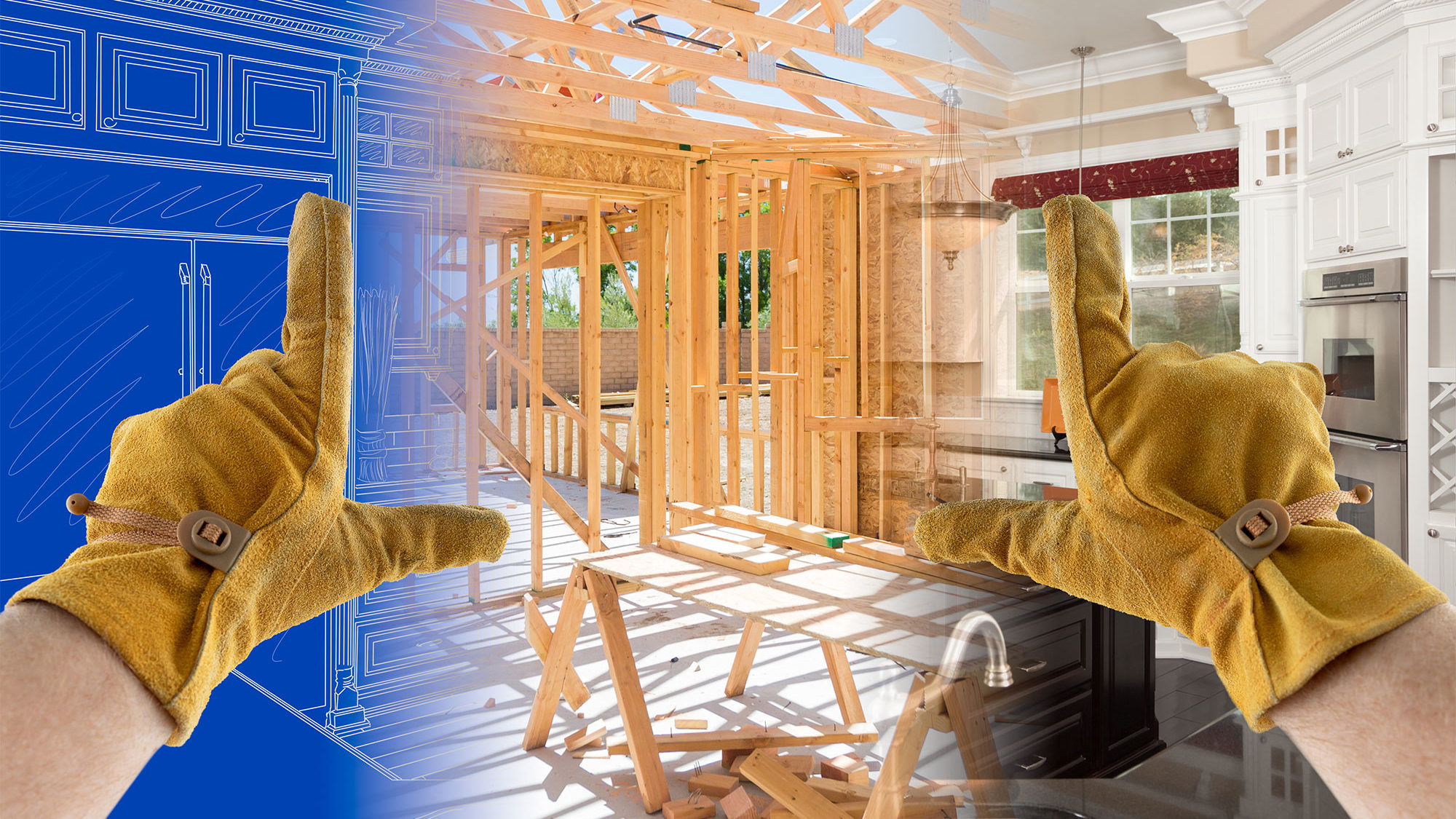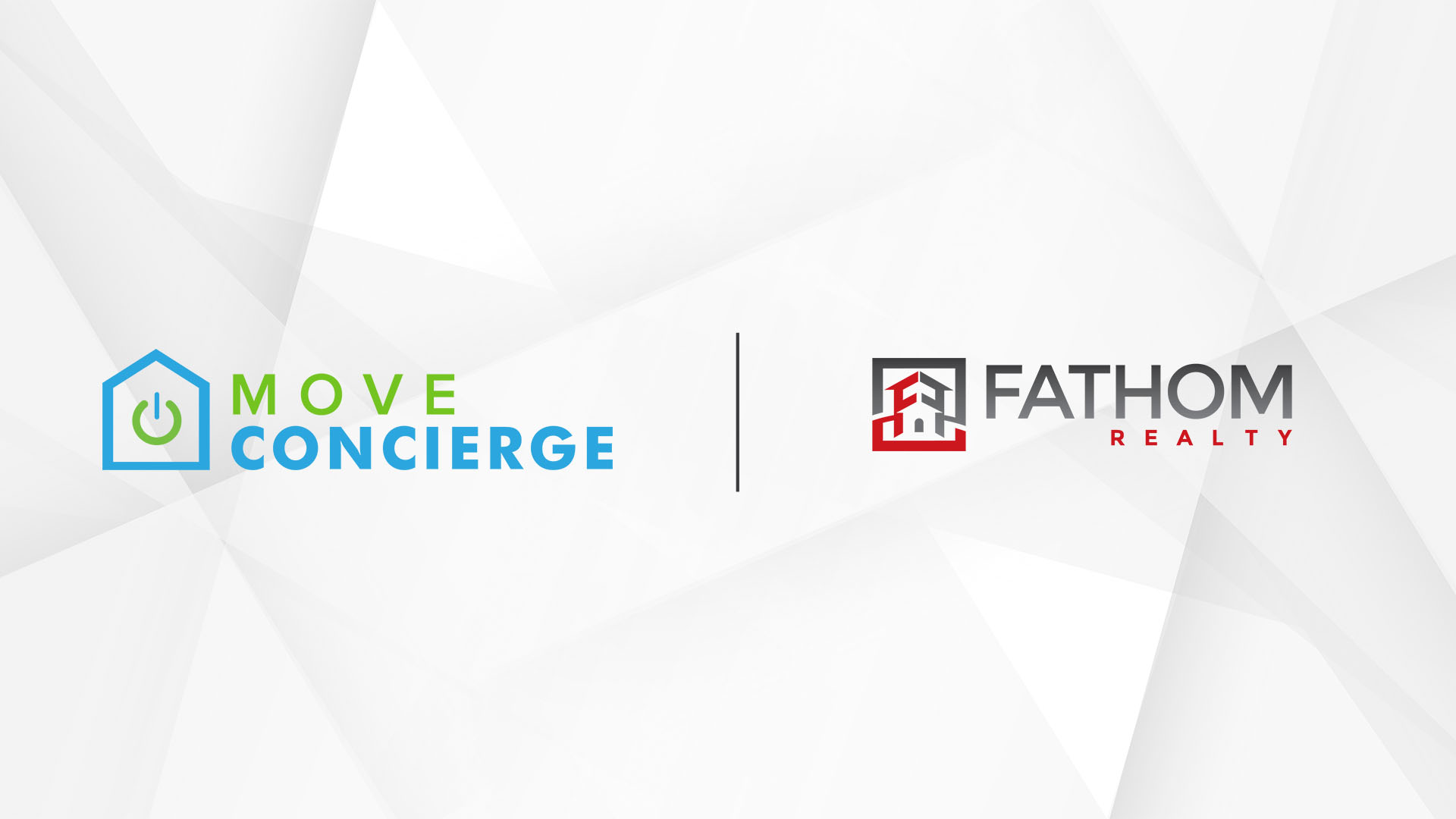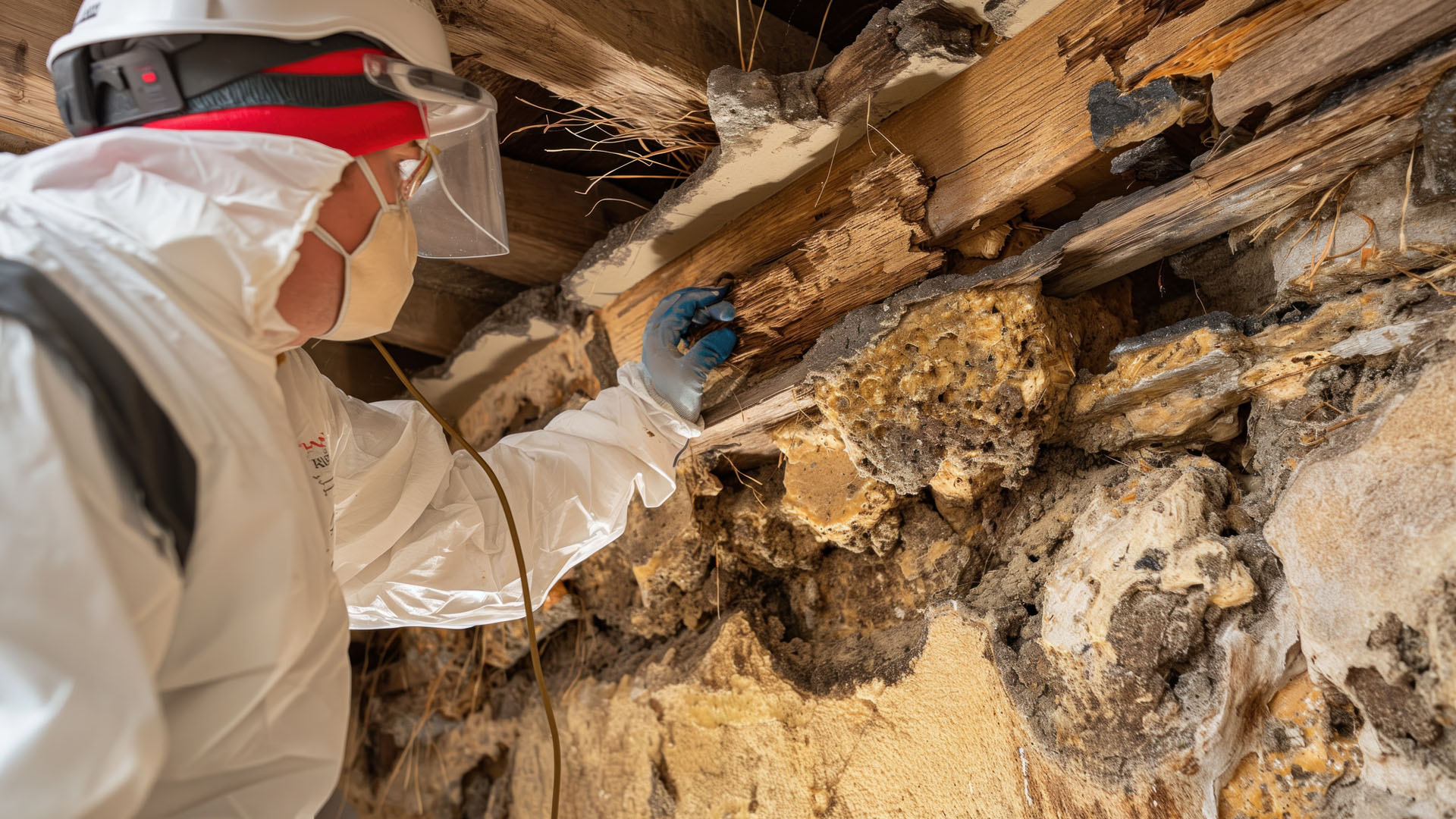
As unlikely as it may seem, in today’s high demand, low inventory market many buyers have built enormous wealth by owning investment real estate. Often the biggest challenge for entry into this lucrative field is raising the capital necessary to buy properties and pay for renovations and repairs. Here’s a quick study on how to advise your investors on financing the purchase of a property.
Two main categories of investment properties
Although there are a number of ways that investors can build wealth through real estate, they all generally fall within two categories. The route followed affects the financing choices.
- Fixing and flipping property. These investors search for properties that they can successfully buy, renovate and repair, then sell for a profit. Typically, the investor owns the property for a few months at most.
For these investors to turn a profit, their properties must be in a neighborhood with rising home values. The property needs to be distressed in some way so that the investor can buy at a discount (ideally 70 percent of market value), and the cost of the work to be done must leave room for a decent profit. If he’s qualified, the investor can increase his profit by doing the work himself.

Profits on flip houses are subject to capital gains taxes, which must be taken into account in determining whether this investment route will be profitable.
- Purchasing properties and renting them. Whereas home flippers make all their money within a few months, owners of rental properties recover their investment steadily over a period of months or years through rental receipts.
Investors can follow the traditional route and sign tenants to leases of a year or longer. Investors can also now offer properties as short-term rentals, often to vacationers. Short-term rentals can garner higher rental rates and generate better monthly cash flow. But they bring logistical challenges and costs such as managing a continual flow of renters and cleaning and repairing between guests.
Traditional mortgages
Mortgage approval criteria for investment properties are more rigorous than for owner-occupied homes. For a conventional loan, the lender will want at least 20 percent down and a credit score of at least 720. The lender will likely require six months of expenses in savings or other liquid assets. If the investor is borrowing to purchase rental properties, it may be advantageous to pay “points” (which means more money down) to lower the interest rate and save thousands over the long term. With approved credit, an investor can have mortgages for up to four properties.
Government-backed loans
The Federal Housing Administration (FHA) backs bank loans for investment properties with two to four housing units, but only when the investor lives in one of the units. FHA loan terms are less stringent; a buyer may apply for a loan with only 3.5 percent down and a credit score as low as 500. Gift or grant money can be used for a down payment, effectively paying nothing out of pocket.
The Veterans Administration (VA) backs loans for investment properties with up to four units as well as for duplexes and triplexes. The owner must live in one of the units for at least one year. No money down is required. The investor can even count rent from other units in the property as income qualification. The property is subject to approval by a VA inspector.
Home equity
A buyer can borrow from themselves by taking a home equity line of credit (HELOC), borrowing against the equity in the home. Typically a HELOC has a “draw” period, perhaps 10 years, for tapping into the money, using only as much as needed. Interest on a HELOC is tax-deductible. One big drawback: The home is collateral for a HELOC, so if the owner defaults, it’s their personal living space that goes into foreclosure, not the rental property they are buying with the loan.

Seller financing
Occasionally the seller of investment property will finance the buyer’s purchase. Seller financing is possible only where the seller owns the home free and clear of any mortgage. These loans generally must be paid off in five to ten years, which means monthly payments are high.
Hard money loans
Hard money lenders are a specialized group of lenders who loan money to investment property buyers. The advantage of a hard money loan is speed: Approval often happens within a day, with funding in just a few days. The costs and terms of these loans are more daunting than other options: interest rates of 9 percent or more and payback terms of three to five years. Hard money loans are best suited for flippers who need to scoop up a house deal quickly (sometimes at auctions), renovate and repair the property, and sell it before their first payment is due to the lender. Hard money loans are not suitable for rental property investors.
The article appears courtesy of Houseopedia.com.
More in Business Building
Could Federal Land Sales Help Solve the Housing Shortage?
Latest on the Blog




